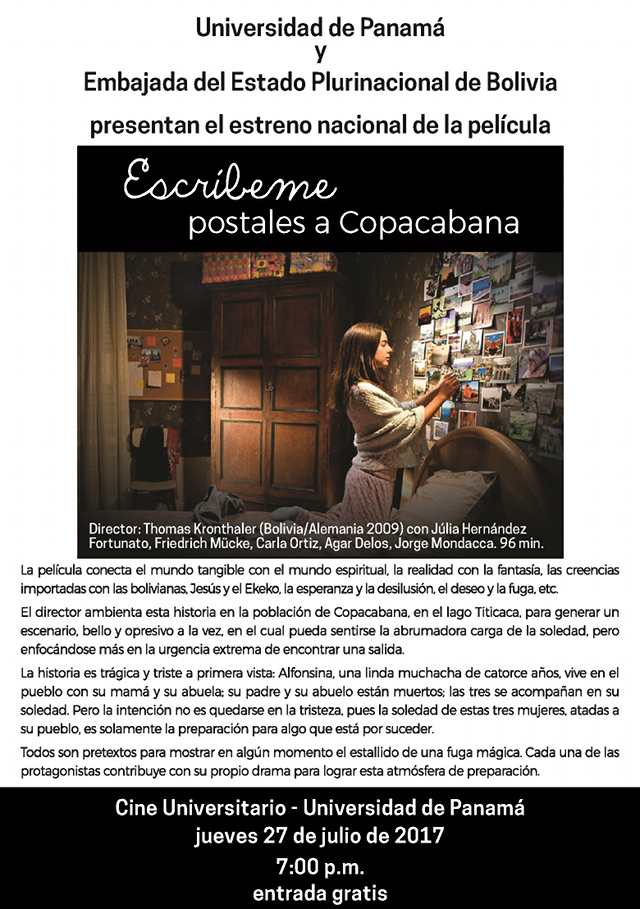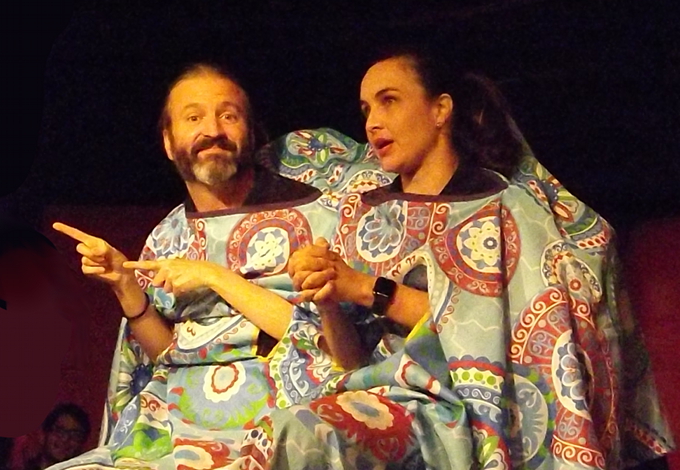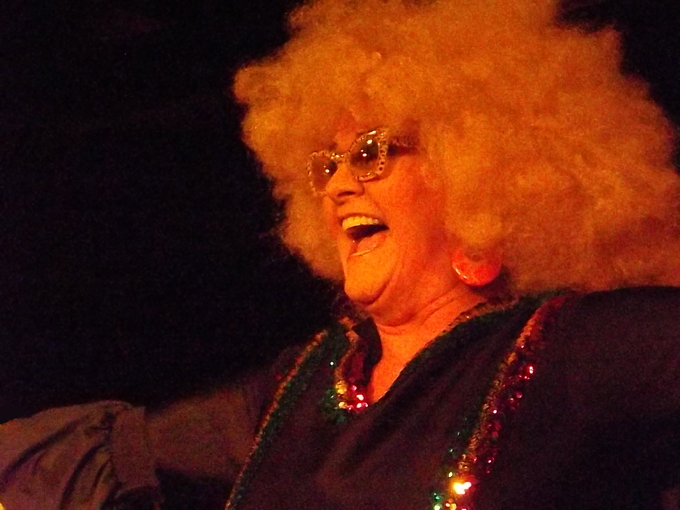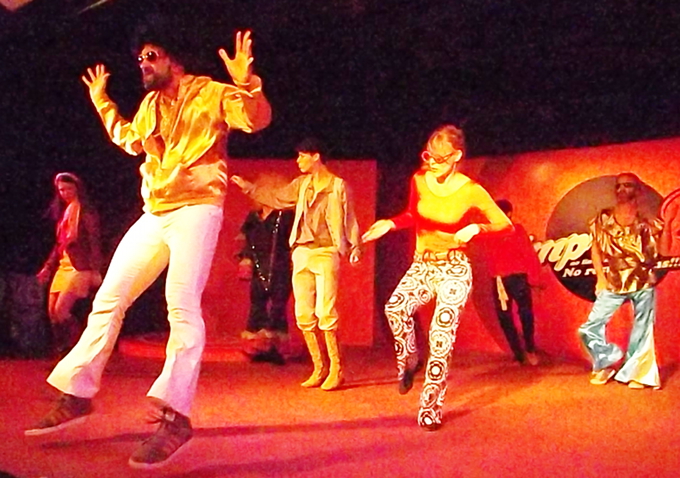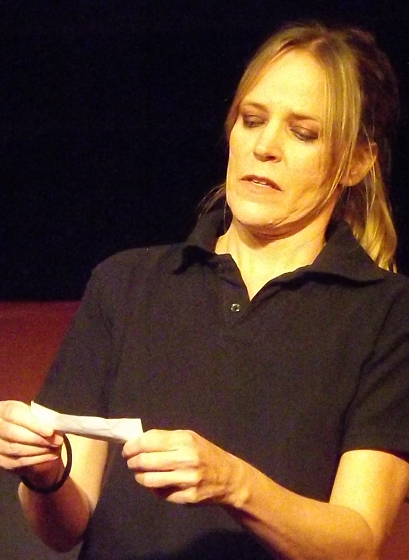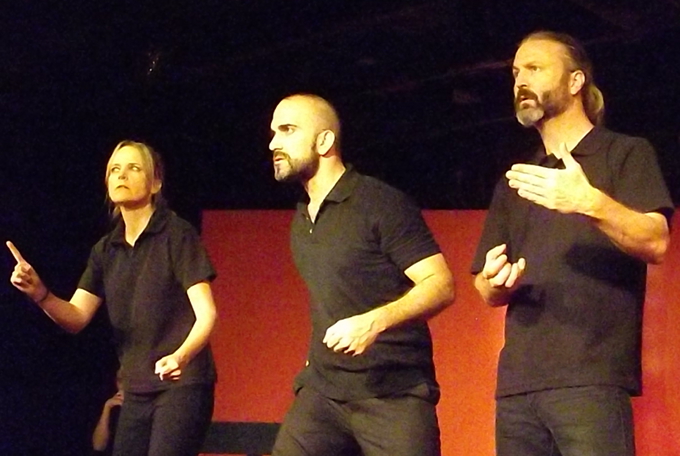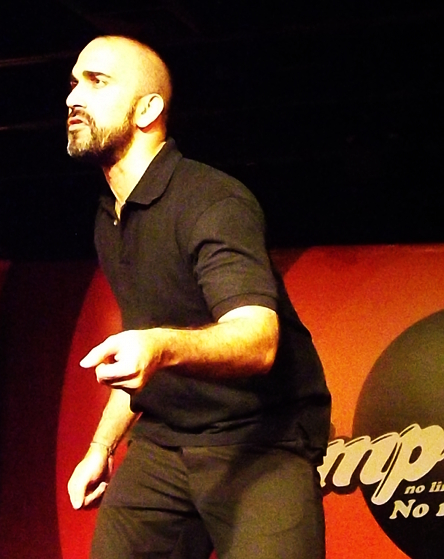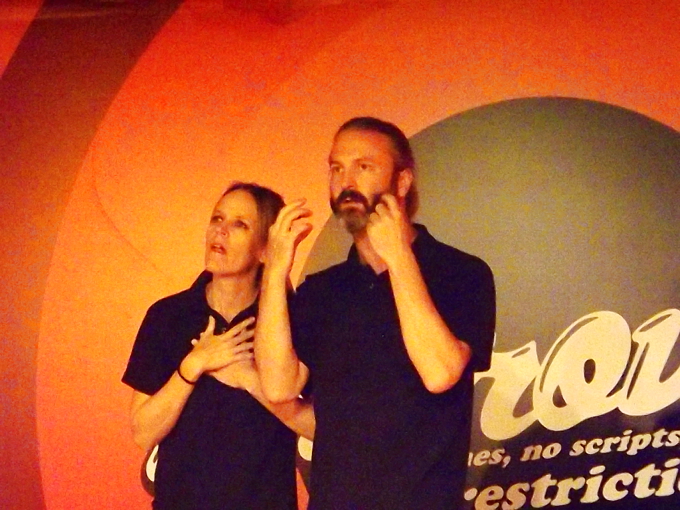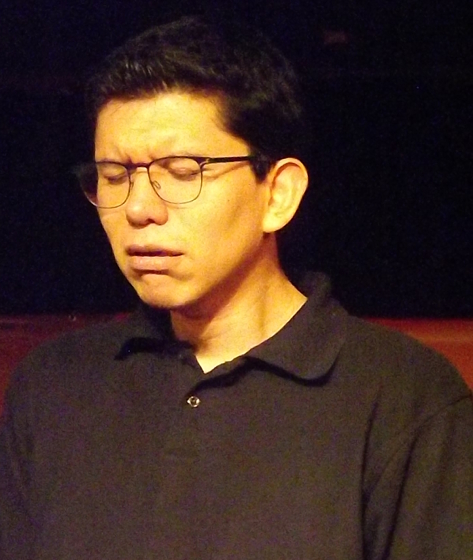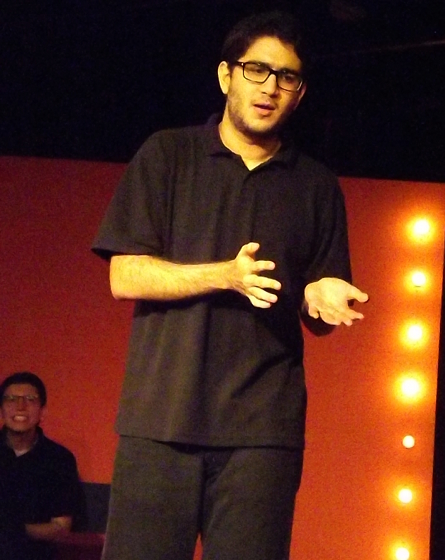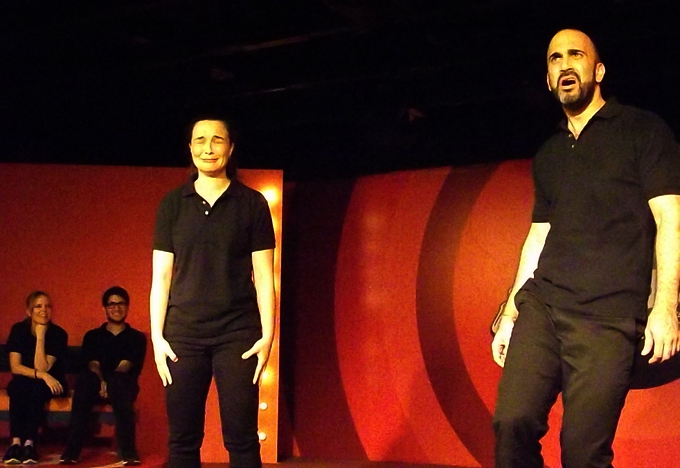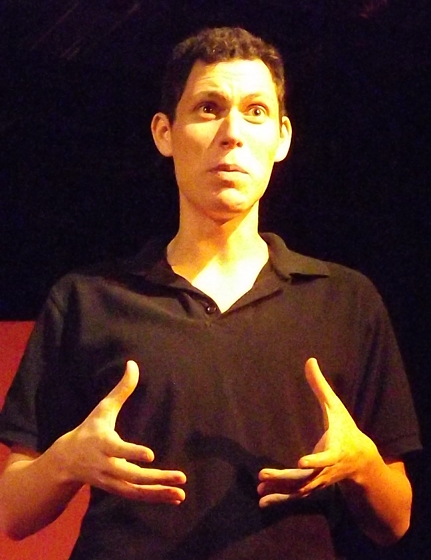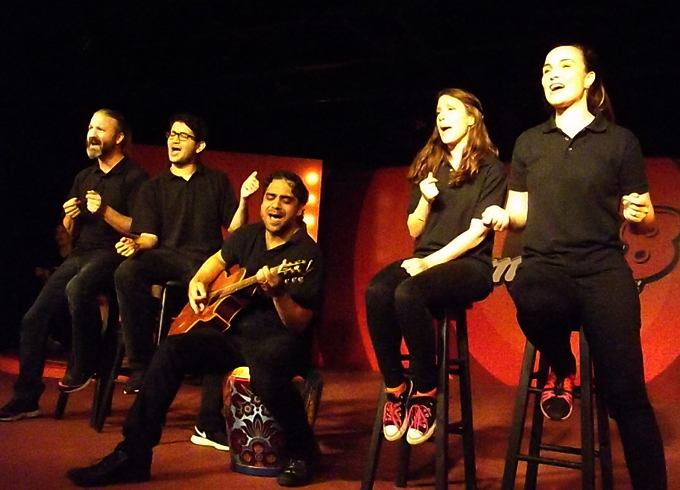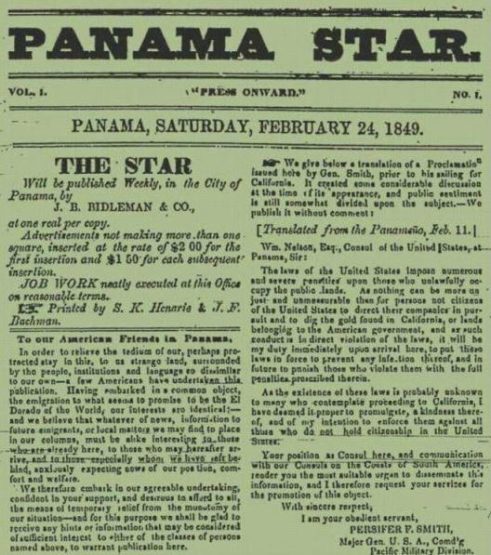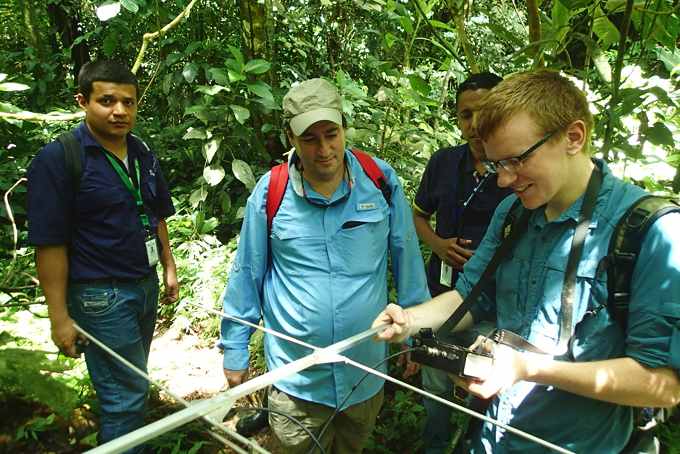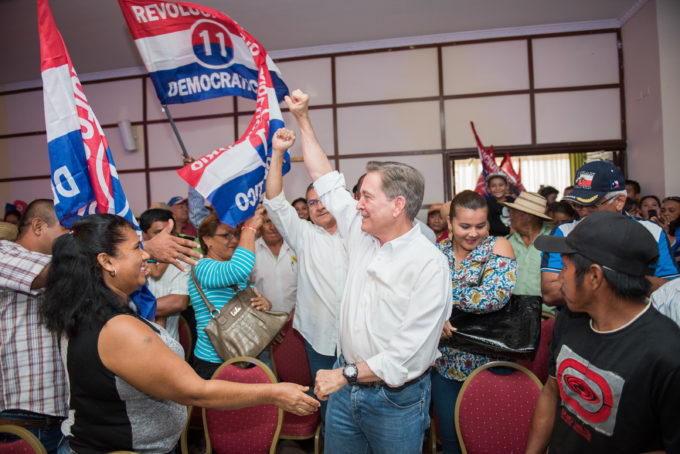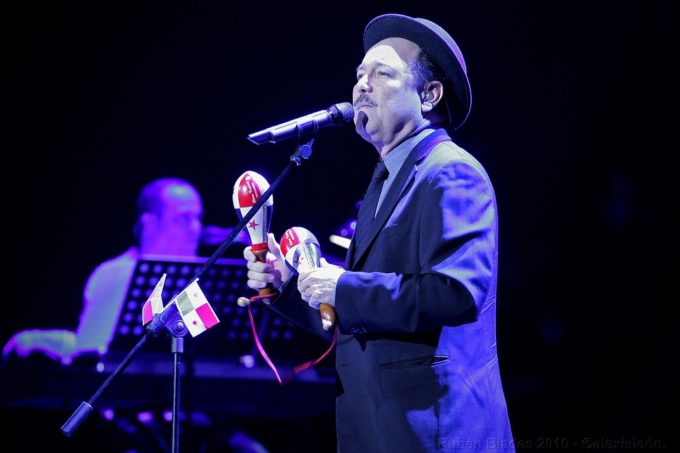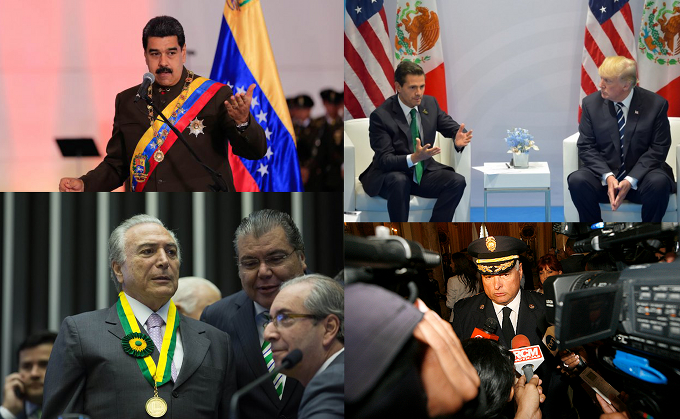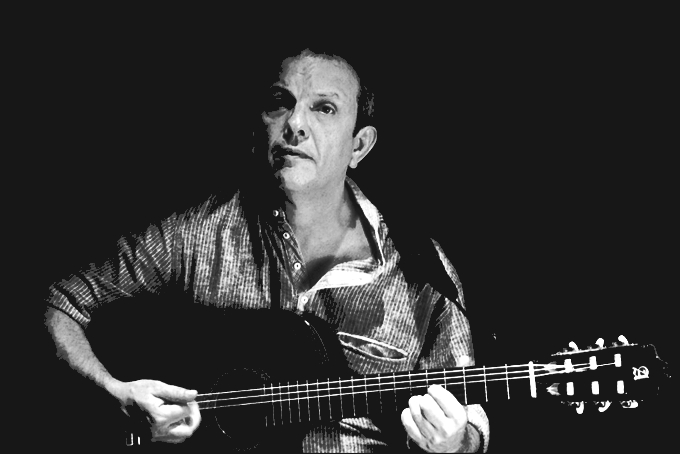 Rómulo Castro presenta:
Rómulo Castro presenta:
Canción cuadrangular
Con la participación especial de los cantautores Mauricio Callejas (El Salvador), Ismael Torres (Argentina) y Jonathan Méndez (Costa Rica), quienes se presentan por primera vez en Panamá.
Viernes 11 de agosto, 8 pm
B/.10.00
Sanborns · Multiplaza · Panamá
Nuestros invitados…
Mauricio Callejas (El Salvador)
Trovador originario de Cojutepeque, El Salvador. Mauricio canta sobre la vida cotidiana, el amor y su circunstancia de inmigrante en los Estados Unidos. Ha publicado cuatro discos como solista: “Cosas de la Calle” (El Salvador, 2002), “Mágico” (Austin, Texas – 2008), bajo la dirección de Stephen Doster, “Helado pop” (Austin, Texas – 2012), co-producido por Michael Ramos y el EP “Preámbulo” (Austin, Texas – 2016), en preparación de su cuarto disco de estudio.
Tras 20 años de crear canciones y 15 de emigrar a los Estados Unidos, Mauricio ha llevado su canto a diferentes escenarios de Latinoamérica, Norteamérica y España. Es también fundador del primer directorio de música de autor en Centroamérica (www.centroamericanto.net) y ha producido para radio diversos espacios dedicados a la música latinoamericana. También es fundador del CENTROAMERICANTO FEST, festival de música centroamericana que durante 9 años ha reunido a artistas mesoamericanos en los Estados Unidos.
Ismael Torres (Argentina)
Con 31 años de edad y oriundo de Rosario, Argentina, Ismael Torres ya tiene tres discos grabados, tres EPs y un DVD. Inició su carrera a los 16 años en la llamada “Trova Rosarina”. A los 18 años editó su primer disco solista, “Ciudad Manantial”. Ha compartido escenario y canciones con reconocidos artistas como León Gieco, Luis Alberto Spinetta, Lito Nebbia, Jaime Ross, Rubén Rada, Augusto Blanca y Vicente Feliú, entre otros.
En 2013 edita su disco “En movimiento”. En 2014 realiza gira a Cuba México, EEUU y Canadá. En 2015 publica “Vivo en Cuba”, junto a reconocidos artistas de la escena cubana. En 2016 emprende nueva gira por México y EEUU, que incluye conciertos en el Festival Quimera, el Teatro del Aula Magna del Colegio Civil de Monterrey, el RockWood Music Hall de Nueva York y el Blackerby Recital Hall de Austin, Texas. La música de Ismael Torres conjuga armónicos profundos y lírica movilizadora, conservando la mirada del observador inquieto que recoge lo que encuentra y busca lo que está oculto, para regalarnos un manojo de hermosas canciones.
Jonathan Méndez (Costa Rica)
Nacido en Heredia, Costa Rica, desde temprana edad Jonathan cursa estudios musicales. En 2003 ingresa a la Escuela de Música de la Universidad Nacional de Costa Rica, donde obtiene el titulo de Música con Énfasis en Educación Musical.
En 2010 publica “Sobrenatural”, su primer material discográfico, por el que obtiene la nominación a “Compositor del año, categoría pop” en los Premios ACAM 2011. En 2012 edita el EP de 5 canciones “ByN”. En 2015 lanza “Canciones Prestadas”, con temas de otros autores, maestros y amigos de Uruguay, Australia, Inglaterra, Irlanda, Costa Rica y Noruega. En 2016 edita “Todo lo que tengo”, producido por el guitarrista brasileño Grecco Buratto y grabado en Los Angeles, California, que incluye un tema co-escrito y cantado a dúo con la cantante y compositora costarricense Debi Nova.
Ha abierto conciertos internacionales en Costa Rica para artistas como Kevin Johansen (Argentina) y compartido escenarios con Malpaís, Elsa Basil, Maria Pretiz, Bernardo Quesada, Pato Barraza y Jorge Drexler, entre otros.
¡Te esperamos!
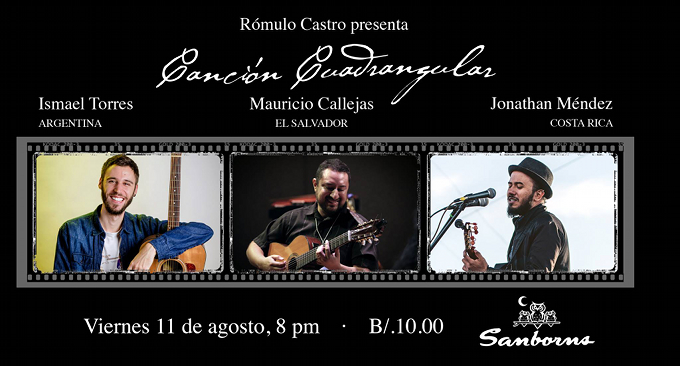
~ ~ ~
Estos anuncios son interactivos. Toque en ellos para seguir a las páginas de web






